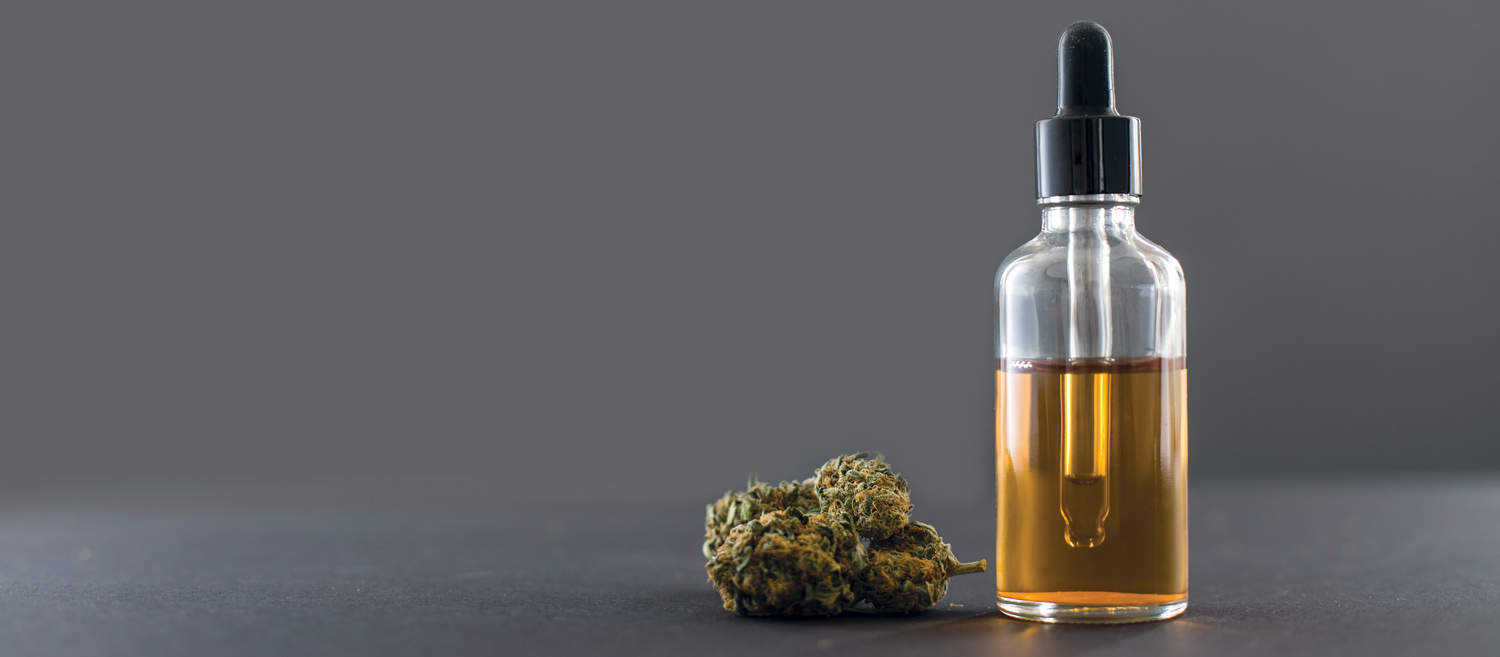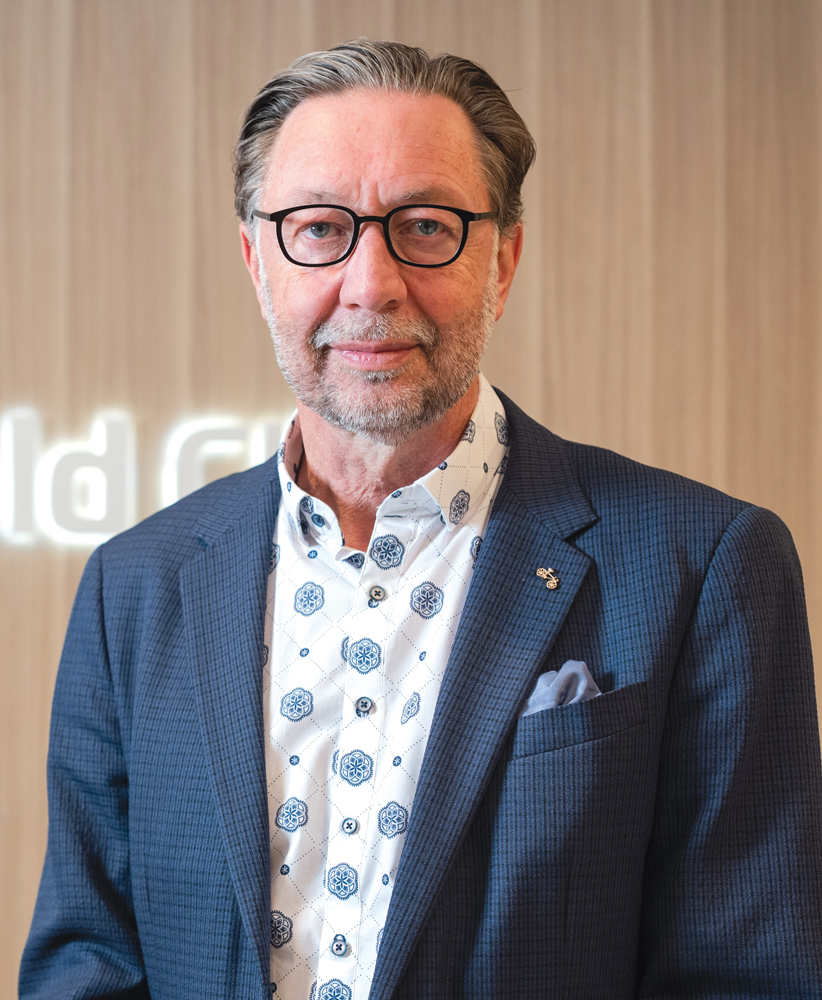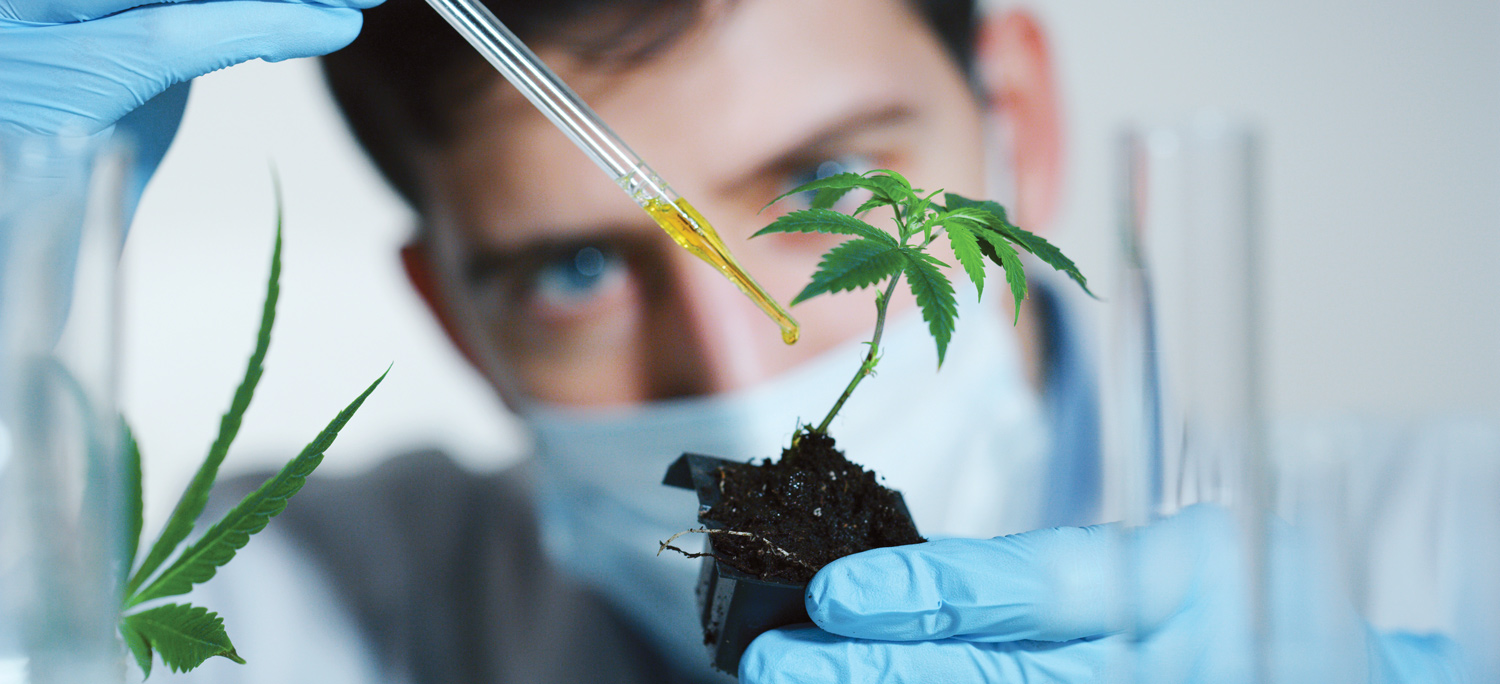 Not only are more doctors prescribing medicinal cannabis to patients, it is turning into big business.
Not only are more doctors prescribing medicinal cannabis to patients, it is turning into big business.
It is still a slow-burn, but more doctors are prescribing medical-grade cannabis each year as a viable treatment option for a range of conditions.
It was legalised in Australia in 2016 and even though research is still ongoing with a lack of long-term clinical data, modern science is backing the 10,000 years of anecdotal cannabis use for treating a range of ailments.
Medicinal cannabis is believed to act on the body’s endocannabinoid system which regulates mood, memory, sleep and appetite. Studies show its efficacy in relieving chronic pain, insomnia, symptoms of Parkinson’s disease, severe epilepsy and seizures in children, multiple sclerosis, fibromyalgia and anxiety, among others.
There have been more than 217,000 SAS-B approvals for medicinal cannabis since it was legalised in Australia, with about 12,000 approvals a month and more than 650 authorised prescribers. Most approvals are for chronic pain (115,000), and about 20% (42,000) are for patients using medicinal cannabis to treat anxiety.
Emyria, the Perth-based drug development company that Andrew ‘Twiggy’ Forrest invested $5 million into in November 2021, has been prescribing and collecting clinical data on medicinal cannabis since December 2018 through its clinical arm Emerald Clinics. It has 6000 patients on its clinical trial database and a rotation of about 400 to 500 patients a month.

Emyria’s Medical Director, Associate Professor Alistair Vickery, a well-known Perth-based GP and academic, told Medical Forum that medicinal cannabis was shown to be effective in chronic pain management in non-cancer patients.
“One of the pain specialists who works for us summarised it beautifully when he said this is the best product for chronic pain that he has used in the last 50 years of practice,” he said. “It’s safe and effective and makes people feel better.”
Body talks
Prof Vickery said the clinical indications of medicinal cannabis were broad and could help in a range of illnesses because the endocannabinoid system was across almost all of the body’s systems, including the neurological, immune, respiratory and digestive systems.
When there’s a disturbance in the endocannabinoid system, the phytochemicals derived from the plants, which are partial agonists, may play a part in rebalancing that disturbance.
“We believe the endocannabinoid system is involved in homeostasis of intracellular signalling. The fact that it is not only ubiquitous in the human body but also through the animal kingdom suggests that the endocannabinoid system is evolutionarily essential,” Prof Vickery said.
Medicinal cannabis has Level 1 evidence for reducing pain and spasm in multiple sclerosis, chemotherapy-induced nausea and vomiting, and seizures in childhood seizure disorders, Prof Vickery said.
“The list is long, and when we look at the clinical indications for which we prescribe medicinal cannabis, there are more than 60 because of its ubiquity across the human body.”
A TGA-registered cannabis-based medicine, Sativex (nabiximol), a spray which contains both tetrahydrocannabinol (THC) and cannabidiol (CBD), has been shown to be effective in improving symptoms related to muscle stiffness in multiple sclerosis, and according to Prof Vickery, should be prescribed more. The only other TGA-approved cannabis medication is Epidyolex (cannabidiol), an oral liquid shown to be effective as adjunctive therapy of seizures.
He added that medicinal cannabis can be used to treat pain in cancer patients without the same side effects as opioid drugs.
“It reduces pain, improves anxiety, and improves sleep. People with a diagnosis of cancer often have all of those symptoms. Medicinal cannabis has been shown it doesn’t cause the constipation or respiratory depression of opiates and doesn’t cause the muddied head of opiates and benzodiazepines, so it’s a superior drug in terms of reducing symptoms and making people feel better,” he explained.
Medicinal cannabis, overall, is well tolerated in patients.
Cannabis safety
“If we compare it to other recreational drugs, we know that the safety of medicinal cannabis outweighs the safety of the most dangerous of the drugs, but it’s also safer than paracetamol and even caffeine in terms of its acute toxicity,” he said.
While caution should be taken when prescribing to young children, Prof Vickery said it’s safer than prescribing antipsychotics or antidepressants to people with underdeveloped brains.
“We’ve had 6000 patients that have taken it, so we have accurate adversity data, which shows that it has minimal and mostly dose-related side effects. That isn’t to say that there aren’t long-term effects that we aren’t aware of. We do have some safety data on longitudinal use that suggests this is a safe drug,” he said.
The best way to optimise outcomes and manage adverse effects was to ensure the dosage and ratio of THC and CBD were carefully managed.
“The difference between recreational cannabis and pharmaceutical-grade cannabis is the doses we’re using. Medical cannabis has a tenth or a twentieth of the dose of THC compared with recreational cannabis, so it’s really a different beast in terms of management and treatment,” he said.
But Prof Vickery warned that people shouldn’t be growing their own or getting their hands on ‘green market’ products which can be harmful.
“Recreational cannabis is not only illegal it is an unregulated, unregistered product and it varies between
each dose.”
He said batch-to-batch variability of approved products can vary about 10% so it’s important that patients are given the right medications and are monitored with the correct dosages.
“The future, I think, is in a high-grade pharmaceutical which enables a known dose of CBD and THC and contains no impurities and no other active components,” Prof Vickery said. “Our drug development program is looking at a bio-identical synthetic with known properties that is absolutely pure.”
 Business moves
Business moves

In mid-2021, iron ore magnate Gina Rinehart invested $15 million into Little Green Pharma, another Perth-based medicinal cannabis company. Little Green Pharma National Education Manager Barb Fullerton, who has worked for Bayer and Pfizer, now educates doctors on the benefits of medicinal cannabis.
She told Medical Forum that medicinal cannabis was becoming more mainstream with more doctors prescribing it as they saw the range of benefits in patients.
“Approvals last year by the SAS-B pathway more than doubled from the previous year, and that’s just a single pathway – there’s also the authorised prescriber pathway, which is becoming more popular,” Ms Fullerton said.
“If people weren’t seeing results, they wouldn’t be using it. It’s definitely a good option for patients who have used other medications that haven’t been successful.”
While there was mounting clinical evidence the efficacy of medicinal cannabis, Ms Fullerton said some doctors were still hesitant and continued to rely on drugs they habitually prescribed.
“Opioids and benzodiazepines have been around for years, and although there are side effects and are addictive, they are tried and true, and trusted and registered,” she said.
Some GPs weren’t prescribing cannabis because of the extra steps required to apply for approval, and the cost to the patient, compared with other medications, might be of concern. However, Ms Fullerton said the process was becoming simpler and patients were willing to pay if they saw the benefits.
“The approval process used to be very complex, but it is simpler now, although medical cannabis is more expensive than a PBS medicine,” she said, adding that there were compassionate access programs to buy the medication at cost at the doctor’s request.
“For the patients that respond well, it’s lifechanging and they will want to pay for it,” Ms Fullerton said. “What we’re finding is that once doctors start to get feedback from patients, they start prescribing it more because they realise it’s a good option if patients have tried other things that haven’t worked.”
GP advocate

Dr Brian Walker, chair of the Legalise Cannabis Western Australia Party and a practising medical practitioner, describes cannabis as “a wonderful healing herb” that should be prescribed more.
“Cannabis is a lot safer and healthier than other medications including heroin derivatives,” he said. “It can help people in desperate situations where the pain is too much to bear, and they can’t tolerate it anymore. They’ll try it and say it’s better than anything they’ve ever tried.”
Dr Walker strongly advises prescribing cannabis over opioids, which will help minimise side effects while giving patients effective pain relief.
“If you’re prescribing heroin, start prescribing cannabis instead,” he said. “Compared with all the other medications I can prescribe, it has got almost no side effects and it is effective at what it does. I’ve not seen anything like the possible adverse side effects of other medications.”
He’s seen good results in a range of health problems, from pain to neurological disorders and anxiety, with minimal side effects.
“I use it a lot for managing pain and neuropathic conditions. I’ve used it with great success for autism and the same can be said for ADHD. I have patients with Parkinson’s that are doing very well. For anxiety, it has none of the other side effects. It’s a lot safer than Xanax, a lot safer that diazepam and works better than temazepam,” Dr Walker said.
Even though more than 100 cannabis-related medicinal products were available as prescription medications, the rigorous regulations in WA and the cost passed on to patients were major barriers.
“The hoops that doctors need to go through!”, he said.
“They have to fill out the SAS-B application to be able to prescribe and then wait two days,” he said. “Another barrier is the cost.”
Dr Walker said there was still stigma attached to cannabis with many patients and doctors associating it with illicit drugs but hoped that would subside.
“I’m hoping barriers will be reduced, price will be reduced, and that cannabis will be on the PBS because people have been destroyed by having to pay large sums for what is actually a lifesaving medication,” he said.
Dr Walker encourages doctors to have an open mind as more research comes out and to not let the barriers stop them from prescribing it because its wide-ranging benefits could help patients.
“There’s a lot of excellent ongoing research. The psycho-neuron pharmacology of cannabis is being researched quite intensively and there is a lot to learn. I am looking forward to seeing what new advances there are going to be.”

